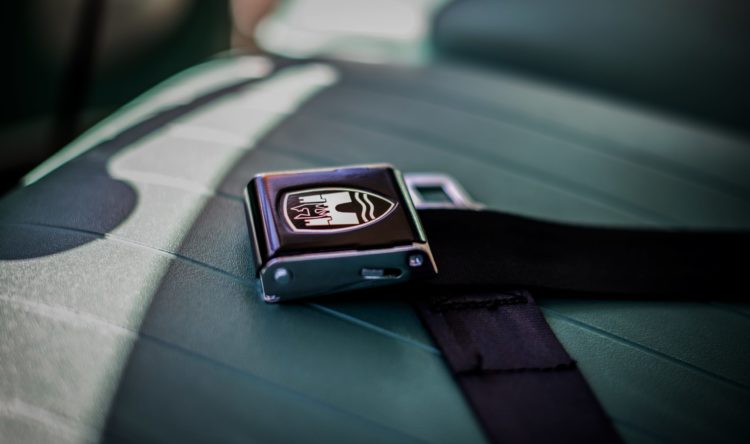Speeders not prosecuted
One in six speeding motorists escape prosecution
New Government data suggests that more than one in six speeding offences not prosecuted.
During 2020-21, some 2,426,950 cases of speeding were recorded by the police in England and Wales. However, 404,335 (17%) of these were later cancelled.
Excuses
Analysis by the RAC Foundation analysis suggests that in 2019-20, there were 330,623 cancellations. This represents 13% of the 2,584,571 speeding offences detected in that year.
The reasons why offences go on to be cancelled is not recorded. However, these can include faulty or incorrectly calibrated speed cameras, cloned vehicles carrying a false number plate; emergency vehicles lawfully breaking the speed limit whilst driving with blue lights; a delay in issuing notices of intended prosecution; or a lack of resources to bring cases to court.
There were 977,587 instances of speeding that didn’t get cancelled. These were dealt with through speed awareness courses (40%), a fixed penalty notice (31%), and 10% ended in court action.
Wasting time
Steve Gooding, director of the RAC Foundation, say that the systems of detection and prosecution need to be “robust”.
“The hundreds of thousands of ‘cancelled’ offences each year indicate they are not. At the very least it is an administrative burden the police could do without.
“We urge the Home Office to start collecting data from police forces about these cancelled offences so we can understand where the problem lies.”
The highest proportions of cancelled speeding cases were in Greater Manchester and Warwickshire. Cancellation levels were 39%.
Wiltshire had the lowest proportion of speeding offences cancelled at just 2%. Wiltshire also detected the lowest number of speeding drivers (912). However, it has no fixed speed cameras.
Lockdown lowdown
While the number of speeders in 2020-21 was down 6% on the previous year, this is most likely due to lockdowns.
The annual fall in traffic volume was actually greater, down 26% across Great Britain. Figures show 259 billion vehicle miles driven in 2020-21 compared with 352 billion in 2019-20.
The vast majority (96%) of speeding offences are detected by cameras. Large disparities in speeding detection remain between forces.
The top five forces for speeding offence detection in 2020-21 were:
- Metropolitan Police Service and City of London – 262,280 (up 22% compared with 2019-20)
- West Yorkshire – 180,432 (+2%)
- Greater Manchester – 178,123 (+13%)
- Lincolnshire – 123,533 (+90%) – however, news reports suggest at least 19,000 drivers were wrongly identified as committing an offence because of a camera error
- Thames Valley – 100,622 (-19%)
Variable results
The constabulary-level variations are in part down to length of the road network, road type, traffic volume and makeup, local priorities dictated by police and crime commissioners, financial and human resources, and the availability of detection technology.







